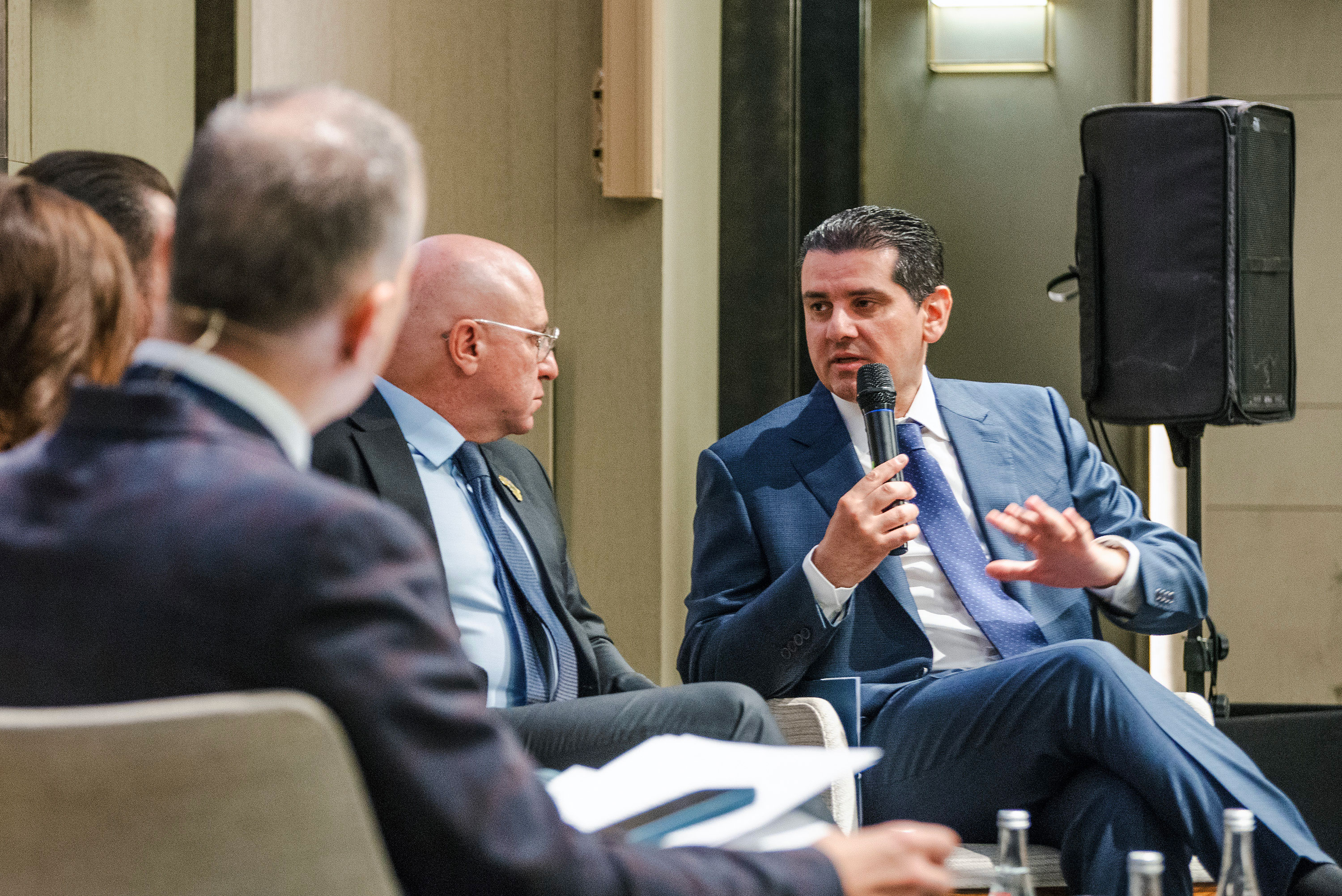Cyprus must invest in a healthcare system that can respond in real time to emerging challenges, Health Minister Michael Damianos said on Thursday, at the Cyprus diaspora forum.
Speaking at a panel on the future of healthcare, Damianos stressed that a flexible and sustainable model was no longer just desirable, but essential.
“To thrive in a fast-changing world,” he said, “we must ensure our healthcare system is adaptable at every level.”
Highlighting the impact of the national health scheme (Gesy), Damianos described it as a transformative reform that brought together the public and private sectors under a single, competitive framework. He noted significant structural changes across all levels of care since its introduction.
He pointed to the involvement of major investment groups in the health sector as a positive development, commonly seen across Europe.
“The combination of financial resources, know-how, and experience leads to high-quality medical services,” he said.
“Attracting and supporting investment in healthcare not only benefits patients, but also drives economic and social growth.”
Damianos reminded the audience that, following the Covid-19 pandemic, the European Commission laid the foundations for a stronger European Health Union. In response, Cyprus introduced a series of reforms to modernise and digitise its healthcare infrastructure and services. These changes are designed to boost resilience and improve preparedness for future health threats.
He also cited the Recovery and Resilience Plan 2021–2026, which includes targeted actions for healthcare. Among them is the implementation of the new clinical trials regulation, which is intended to encourage cross-border research and larger, multinational clinical trials.
“This makes Cyprus an increasingly attractive destination for clinical research,” Damianos said, especially as local universities expand their programmes in health and medicine.
The minister warned that the healthcare sector is constantly evolving. New treatments, disease patterns and research findings continue to emerge. To keep pace, he said, Cyprus must remain alert and ready to act.
That means strengthening data collection and analysis, investing in technology, training medical staff, and building infrastructure to meet high-risk medical needs.
“In the end,” Damianos concluded, “we must build a healthcare model that is not only sustainable but also prepared to respond to crises whenever they arise.”






Click here to change your cookie preferences